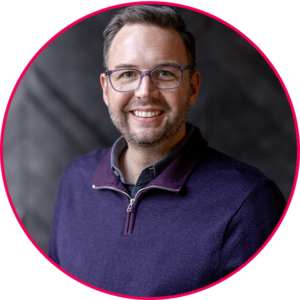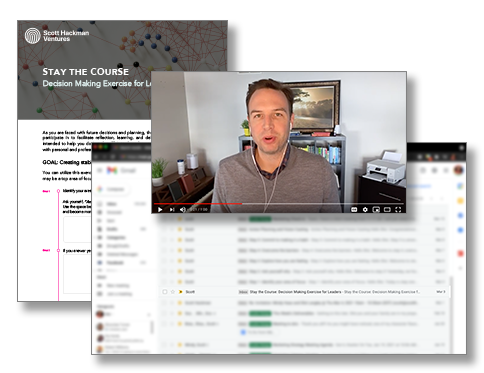As more of the leaders we work with are having conversations centered around diversity, equity, inclusion, and belongingness, it led us to sit down with our trusted partner, Cynthia Moore-Hollinshed, to discuss these topics more deeply.
Understanding an Important Difference
Oftentimes, leaders believe by adding a diverse group of people to a team, they are simultaneously becoming inclusive. Creating a team of people who have a different race, religion, gender, ethnicity, culture, etc. is foundational to fostering an inclusive environment but is not the optimal outcome. Inviting people, across differences, to have a seat at the table does not yield the same results as ensuring those same people have a voice at the table.
Inclusion consistently incorporates new and different ideas, thoughts, perspectives, and lived experiences into the cultural norms of the organization. Additionally, belongingness normalizes a culture where individuals are not required to negotiate parts of their identity to navigate the workspace. People are allowed to show up as their authentic selves rather than being pressured to assimilate to the existing culture.
In the words of Toni Morrison, “The function, the very serious function of racism is distraction. It keeps you from doing your work. It keeps you explaining, over and over again, your reason for being.” Inclusive environments work diligently to remove this distraction.
Tenets of Inclusive Leadership
Cynthia offers three powerful strategies for becoming a more inclusive leader, loosely based on Gary Howard’s framework in “We Can’t Teach What We Don’t Know”:
Know yourself exceptionally well. This includes increasing self-awareness and being open to feedback. The elimination of blind spots as it relates to implicit and unconscious bias is a prerequisite to more inclusive leadership.
Know your craft. Being able to recognize the ingenuity of others requires a deep knowing of your own work. Having a strong foundation of essential knowledge, as it relates to your work, reduces the chances you will perceive “only one right way” to get the work accomplished.
Know your colleagues. The extent to which you can know your colleagues, their culture, background, strengths, challenges, personalities, and uniqueness, helps to avoid projecting your own imagined assumptions and biases onto them.
Doing The Work
“A growing body of research indicates that … companies with inclusive talent practices in hiring, promotion, development, leadership and team management generate up to 30 percent higher revenue per employee and greater profitability than their competitors.” ,(Deloitte)
Ultimately, a team of diverse individuals, without strategic and intentional attention to inclusion, may not perform well.
We work closely with trusted partners who are thought leaders in the area of Diversity, Equity, Inclusion and Belongingness to provide leaders with the personal and professional development needed to foster more inclusive work environments.
Express your interest in this urgent and important work by completing THIS FORM to schedule a discussion of how we can incorporate this learning into a Leadership Development Program for your organization.


Scott Hackman is the Founder and CVO of Scott Hackman Ventures. He has over 15 years of experience in business advising, coaching, and leading growth through transitions.
Meet Scott.



